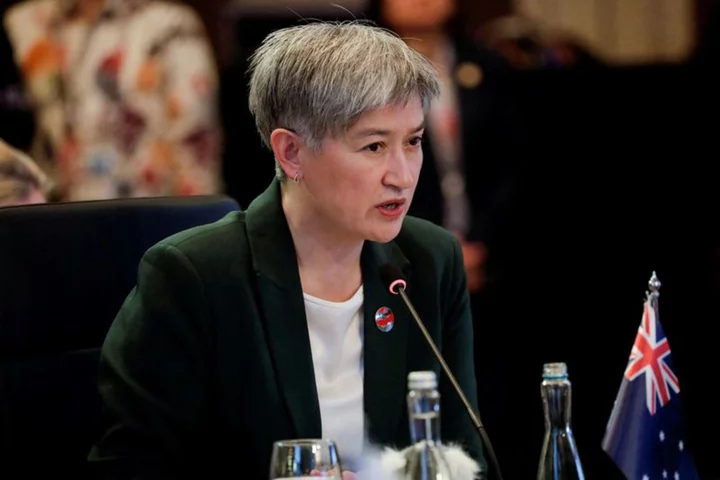By Kirsty Needham
SYDNEY Australia will put climate change and local jobs at the centre of its international aid programme, in a policy overhaul designed to compete with China's infrastructure-building in the region.
From next year, half of all new Australian aid investments worth over A$3 million ($2 million) will include a climate change objective, rising to 80% by 2028, under a new policy. Projects will also have gender-equality objectives.
As China and the United States compete for security ties in the strategically located Pacific Islands, these nations have said rising sea levels and worsening storms brought by climate change are their greatest security threats.
The Pacific Islands Forum has lobbied at global climate talks for greater access to financing to mitigate the impacts of climate change, which they say is hampered by red tape.
Australia, historically the major development partner to the region, is also the biggest aid donor to Solomon Islands, but is concerned its influence is waning after Manasseh Sogavare's government signed a security pact and strategic partnership with China.
The shift in Australia's aid policy is a response to geostrategic competition and China's security ambitions in the region.
Foreign Minister Penny Wong said on Monday that aid needs to work alongside Australia's diplomatic, defence and economic engagement in the Indo-Pacific.
"Australia is using all elements of our national power to advance our interests and shape the world for the better. Development and prosperity underpin peace and stability," Wong said in a statement.
Pacific Minister Pat Conroy said Australian aid should create local jobs that bring greater economic benefits on the ground.
Public debt is forecast to double in the Pacific Islands by 2025, and seven countries had been assessed as at high risk of debt distress, the report said.
High debt repayments limit capacity for further borrowing, contributing to a "substantial deficit in critical infrastructure", impacting services like water, electricity and transport, the Australian aid policy said.
Australian aid would offer an alternative to strategic competitors without creating unsustainable debt burdens, it said.
Australia will increase its aid spending by A$1.7 billion over five years, and restore indexation to its aid budget, which will see spending rise by A$8.6 billion between 2027 and 2037, the government has said.
($1 = 1.5228 Australian dollars)
(Reporting by Kirsty Needham; Editing by Conor Humphries)

